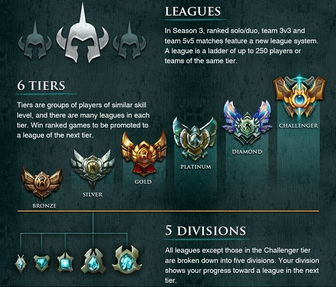Introduction to the Concept of a Union

In the context of various industries and organizations, a union refers to an association of individuals who come together to achieve common goals, protect their rights, and improve their working conditions. Unions play a crucial role in advocating for the interests of their members, whether they are employees, professionals, or workers in any field. This article delves into the concept of a union, its significance, and the benefits it offers to its members.
Definition and Purpose of a Union

A union is essentially a collective organization that represents the interests of its members. It is formed by individuals who share common professional, economic, or social interests. The primary purpose of a union is to negotiate with employers on behalf of its members, ensuring fair wages, benefits, and working conditions. Unions also serve as a platform for members to voice their concerns, participate in decision-making processes, and receive support in case of disputes or conflicts.
Types of Unions

There are various types of unions, each catering to different sectors and professions. Some of the common types include:
Labor Unions: These unions represent workers in industries such as manufacturing, construction, and transportation. They focus on improving wages, benefits, and working conditions for their members.
Professional Associations: These organizations represent professionals in fields like medicine, law, engineering, and education. They aim to enhance the quality of professional practice, provide networking opportunities, and offer resources for career development.
Trade Associations: These unions represent businesses and industries, working towards promoting the interests of their members and the industry as a whole.
Public Sector Unions: These unions represent government employees, including teachers, firefighters, and police officers, advocating for better working conditions and benefits.
Benefits of Joining a Union

Joining a union offers several benefits to its members, including:
Collective Bargaining Power: Unions have the strength to negotiate better wages, benefits, and working conditions for their members, which individual workers may find challenging to achieve on their own.
Job Security: Unions often work towards ensuring job security for their members, providing protection against unfair dismissals and layoffs.
Legal Protection: Unions offer legal support and representation in case of disputes or conflicts with employers.
Professional Development: Many unions provide resources, training, and networking opportunities to help members advance their careers.
Community Support: Unions create a sense of community among their members, fostering solidarity and support in times of need.
Challenges and Controversies

Despite the numerous benefits, unions also face challenges and controversies. Some of the common issues include:
Political Influence: Critics argue that unions may exert excessive political influence, potentially leading to biased policies and legislation.
Membership Decline: In recent years, many unions have experienced a decline in membership, partly due to the changing nature of work and increased competition.
Union Corruption: Instances of corruption within unions have raised concerns about the misuse of funds and power.
Employer Resistance: Some employers may resist unionization efforts, leading to conflicts and strikes.
Conclusion

In conclusion, unions play a vital role in protecting the rights and interests of their members. By providing collective bargaining power, legal protection, and professional development opportunities, unions help improve the lives of their members. While challenges and controversies exist, the overall impact of unions on society remains significant. As the nature of work continues to evolve, unions will need to adapt and innovate to remain relevant and effective in representing the interests of their members.
Tags

union collectivebargaining workers advocacy benefits challenges controversies membership legalprotection professionaldevelopment society work labor politics

